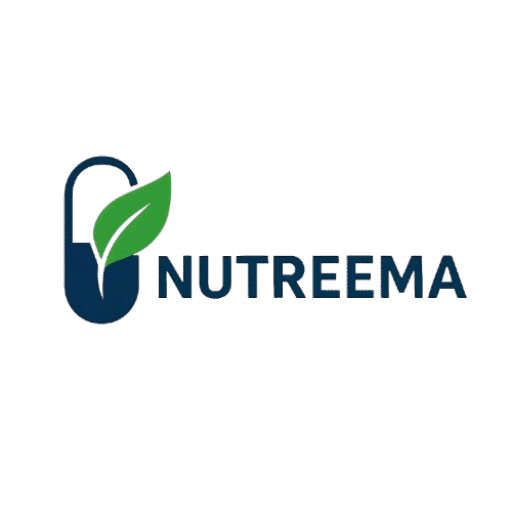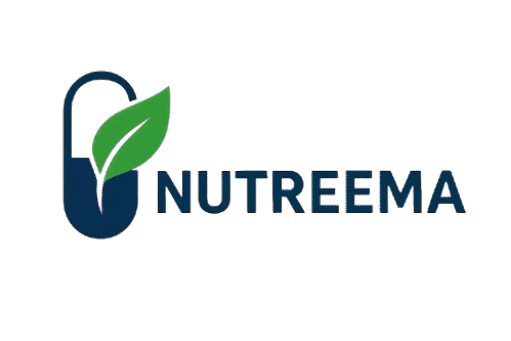The debate between supplements and whole foods is a hot topic in nutrition. While supplements offer convenience, whole foods provide a complex matrix of nutrients that work synergistically. So which is truly better? Let’s break down the science.
Key Differences: Supplements vs. Whole Foods
| Factor | Whole Foods | Supplements |
|---|---|---|
| Nutrient Form | Natural, bioactive compounds | Isolated or synthetic nutrients |
| Absorption | Enhanced by co-factors (fiber, phytochemicals) | May lack co-factors for optimal uptake |
| Safety | No risk of overdose (within normal diets) | Possible toxicity (fat-soluble vitamins, iron) |
| Additional Benefits | Contains fiber, antioxidants, polyphenols | Targeted dosing for deficiencies |
When Whole Foods Are Superior
1. Better Nutrient Absorption
-
Example: Iron from spinach (with vitamin C) absorbs better than iron pills.
-
Why? Food contains enhancers (e.g., fat for vitamin D) and inhibitors (e.g., phytates in grains block mineral absorption unless soaked/sprouted).
2. Synergistic Effects
-
Vitamin E in almonds works with its natural fats for better uptake.
-
Turmeric’s curcumin is poorly absorbed alone but enhanced by piperine in black pepper (a combo rarely found in cheap supplements).
3. Gut Health & Satiety
-
Fiber in whole foods feeds good gut bacteria (prebiotics).
-
Chewing and digesting food triggers satiety hormones (unlike swallowing pills).
Top Nutrient-Dense Foods:
✔️ Liver (vitamin A, B12, iron)
✔️ Salmon (omega-3s, vitamin D)
✔️ Spinach (magnesium, folate)
✔️ Eggs (choline, lutein)
When Supplements Are Necessary
1. Correcting Deficiencies
-
Vitamin D: Hard to get enough from food alone (especially in winter).
-
B12: Vegans/vegetarians need supplements (no plant foods provide active B12).
2. Life Stage or Health Conditions
-
Pregnancy: Prenatal vitamins (folate prevents neural tube defects).
-
Malabsorption issues (Crohn’s, celiac) may require liquid or sublingual forms.
3. Therapeutic Doses
-
Fish oil: 2–4g EPA/DHA for high triglycerides (difficult from diet alone).
-
Magnesium glycinate: 400mg for sleep/stress exceeds typical food intake.
Best-Supported Supplements:
✔️ Vitamin D3 + K2 (for bone/heart health)
✔️ Omega-3s (EPA/DHA) (if low fish intake)
✔️ Magnesium glycinate (for stress/sleep)
✔️ Probiotics (after antibiotics or for gut issues)
The Biggest Risks of Each
🚫 Whole Food Pitfalls
-
Anti-nutrients: Phytic acid (in grains/legumes) can block mineral absorption.
-
Modern soil depletion: Lower micronutrient levels vs. 50 years ago.
🚫 Supplement Dangers
-
Overconsumption: Vitamin A toxicity from liver + supplements.
-
Fillers/additives: Some contain allergens (soy, gluten) or artificial dyes.
-
Misleading claims: “Mega-dose” vitamins often excreted unused (e.g., water-soluble vitamins).
Who Should Prioritize Which?
| Person | Best Approach |
|---|---|
| Healthy adults | Food-first, targeted supplements if deficient |
| Athletes | Food + protein/creatine/electrolytes |
| Vegans | B12, algae omega-3s, iron (if needed) |
| Elderly | Protein, vitamin D, B12, calcium |
Practical Takeaways
🔹 Base your diet on whole foods—they’re nature’s “multivitamin.”
🔹 Use supplements strategically—for deficiencies, life stages, or therapeutic needs.
🔹 Test, don’t guess: Blood tests (iron, vitamin D, B12) prevent unnecessary supplementation.
🔹 Quality matters: Choose third-party tested supplements (NSF, USP) when needed.


